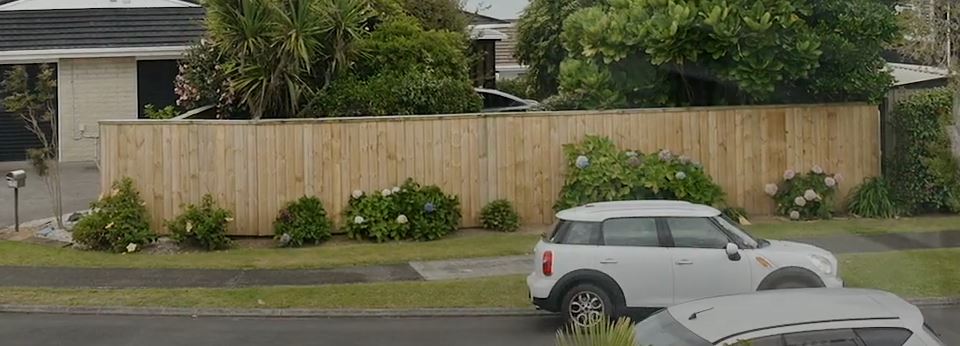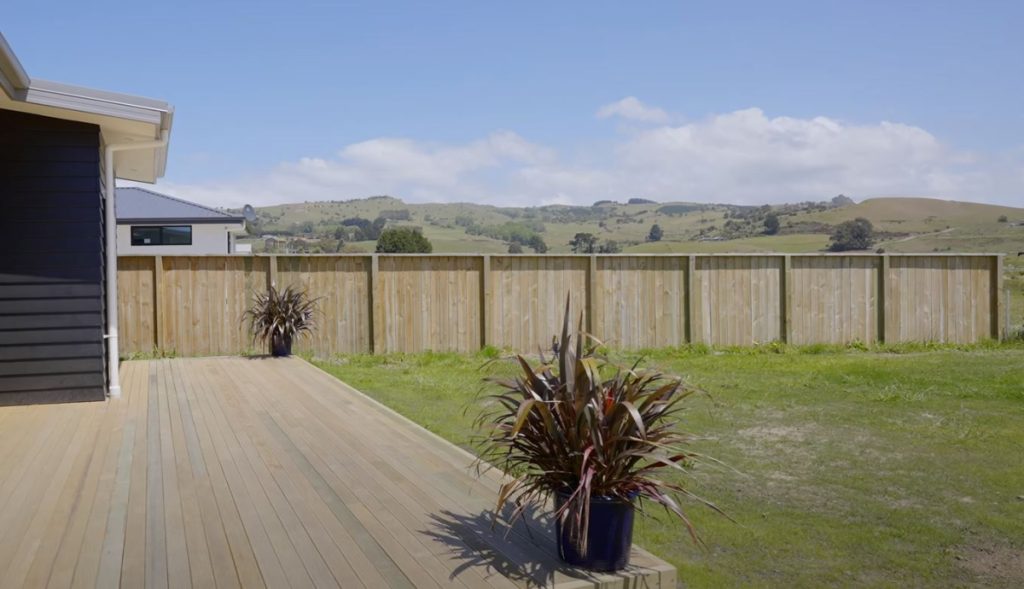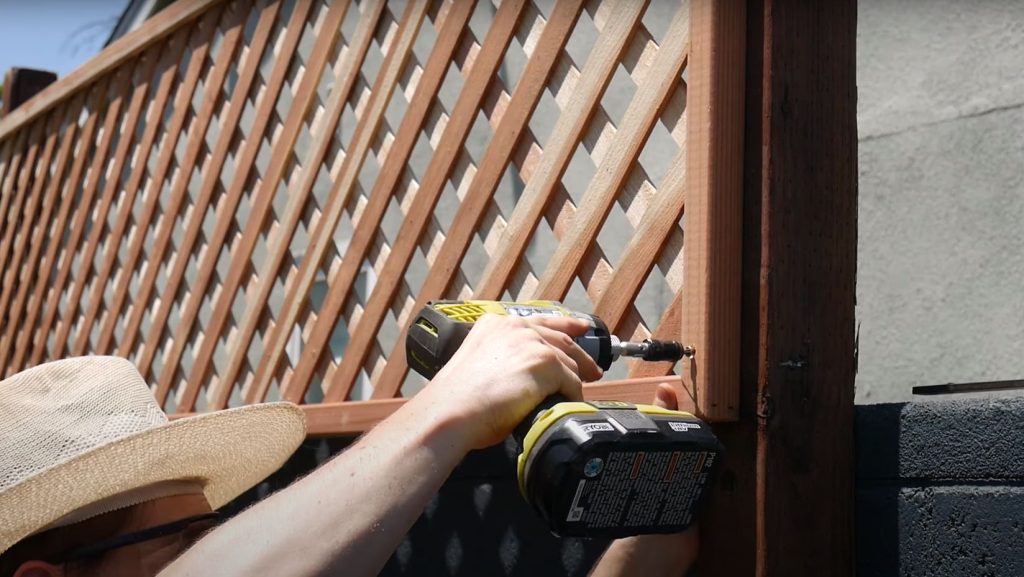Vinyl Fencing: A Deep Dive into its Eco-Friendliness
The Basics of Vinyl Fencing
Vinyl fencing, also known as PVC Fencing, made primarily from Polyvinyl Chloride (PVC), has become increasingly popular in Hamilton due to its durability and ease of maintenance. The essential question that many environmentally-conscious homeowners in Hamilton are now asking is, “Is vinyl fencing truly eco-friendly?”
Raw Material: The Birth of a Vinyl Fence
Vinyl fences originate from PVC, a type of plastic. While PVC production can have environmental implications due to the chemicals used, advancements in manufacturing techniques aim to reduce these effects. For instance, newer processes are focusing on reducing energy consumption and waste.
Longevity Equals Less Waste
One of the most significant advantages of vinyl fencing is its lifespan. A well-maintained vinyl fence can last for decades, ensuring that homeowners in suburbs like Fairfield don’t need to replace their fences frequently. This reduces the amount of material ending up in landfills and the need for manufacturing new fences, conserving resources in the long run.
Recyclability: Can Vinyl Fencing Be Recycled?
Yes, it can! Modern vinyl fences are designed to be recyclable. Once a vinyl fence reaches the end of its life, it can be taken down and recycled into new PVC products. This means that a vinyl fence from Te Rapa can find a new life in other products, diverting waste from the landfill.
Health and Safety Aspects
From a health and safety perspective, vinyl fences are generally safe. They don’t splinter or degrade in a manner that can cause injury. However, it’s crucial to ensure that the vinyl fencing you choose does not contain harmful chemicals or additives. In some cases, lower-quality vinyl fences may release toxic chemicals, especially when exposed to high temperatures.
Vinyl Fencing Vs. Alternatives: A Quick Comparison
| Fencing Material | Pros | Cons | Lifespan | Eco-Friendliness |
| Vinyl | Durable, low maintenance, recyclable | Can contain harmful chemicals if not sourced responsibly | Decades | Moderate-High |
| Wood | Natural, biodegradable | Requires frequent maintenance, can rot or be affected by pests | Varies by wood type | Moderate |
| Metal | Very durable, can be recycled | Energy-intensive production, can rust | Many decades | Moderate |
| Bamboo | Fast-growing, renewable | Not as durable as other options | 10-15 years | High |
| Composite | Combines the best of wood and vinyl, durable | Can be expensive, not always recyclable | 20-25 years | Moderate |
The Hamiltonian Perspective on Fencing
Vinyl fencing is rapidly gaining traction in various Hamilton suburbs, including Te Kowhai. While no fencing material is perfect, vinyl presents a balance between durability, maintenance, and environmental considerations. Those interested in sustainable options can further tilt the balance by opting for responsibly sourced and manufactured vinyl fences.
Final Thoughts
While the environmental footprint of vinyl fencing is a subject of debate, it’s undeniable that its long lifespan, coupled with recyclability, makes it a contender in the eco-friendly category. Hamiltonians looking for a balance between aesthetics, durability, and eco-friendliness might find vinyl fencing fitting the bill. However, always ensure you’re sourcing your vinyl fencing from reputable Hamilton fence builders, like Quality Fencing Hamilton, who prioritise environmental considerations in their products.
When choosing any fencing material, it’s crucial to factor in its entire lifecycle, from raw material extraction to disposal or recycling. Only then can one make an informed decision that aligns with both personal and environmental values.
Vinyl Fencing: Frequently Asked Questions
What is vinyl fencing made from?
Vinyl fencing is primarily made from Polyvinyl Chloride (PVC), a type of plastic known for its durability and versatility.
How long does vinyl fencing last?
With proper care and maintenance, vinyl fencing can last for decades, making it a long-lasting fencing option.
Is vinyl fencing recyclable?
Yes, most modern vinyl fences are designed to be recyclable, ensuring that they can be repurposed into new PVC products at the end of their lifespan.
How does vinyl fencing fare in different weather conditions?
Vinyl fencing is resistant to many weather conditions, including rain, snow, and UV rays. Its colour doesn’t fade easily, and it doesn’t rot or rust, making it suitable for varied climates.
Are there any health risks associated with vinyl fencing?
Generally, vinyl fencing is safe. However, it’s essential to ensure your chosen vinyl fencing doesn’t contain harmful chemicals or additives. Some lower-quality options might release toxic chemicals when exposed to high temperatures.
How does vinyl fencing compare to wood in terms of maintenance?
Vinyl fencing requires much less maintenance than wood. It doesn’t need to be painted, stained, or sealed and can be cleaned with mild soap and water.
Can vinyl fencing be customised in terms of design and colour?
Yes, vinyl fencing comes in various designs, styles, and colours, allowing homeowners to choose a look that complements their property.
Does vinyl fencing provide adequate privacy?
Absolutely. Vinyl fencing can come in solid panels that offer a high degree of privacy, making it a popular choice for those looking to create a private outdoor space.
Is vinyl fencing cost-effective in the long run?
While vinyl fencing might have a higher initial cost than some other materials, its longevity and low maintenance requirements often make it a cost-effective choice in the long run.
How does vinyl fencing impact the environment?
Vinyl fencing’s environmental impact varies. On one hand, its long lifespan and recyclability are positives. On the other, the production of PVC can have environmental implications. Choosing responsibly sourced and manufactured vinyl can help mitigate some of these concerns.
Are there any notable brands or suppliers of vinyl fencing in Hamilton?
Quality Fencing Hamilton is a reputable supplier in the region, known for providing high-quality, environmentally conscious vinyl fencing options.
Can I install vinyl fencing myself?
While it’s possible for DIY enthusiasts to install vinyl fencing, it’s recommended to engage professionals to ensure the fence is set up correctly, securely, and safely.




